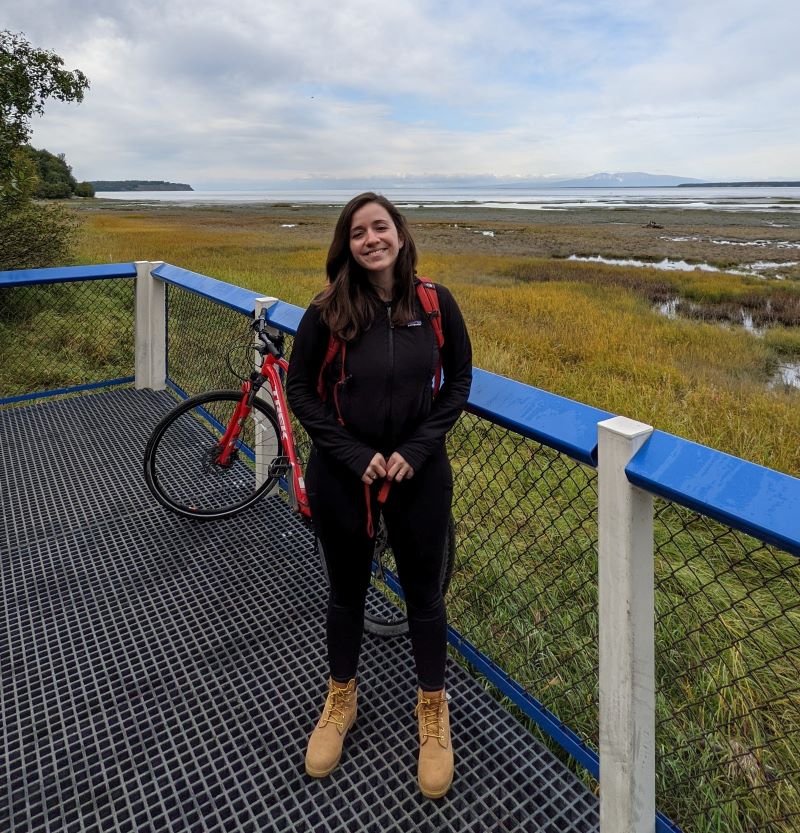I am from Belo Horizonte, Brazil, and have a BSc in Geography, a MSc in Soil Science from the Federal University of Viçosa, in Brazil, and a PhD (graduated with Honors) in Ecosystem Ecology from the Department of Ecology and Evolutionary Biology at the University of Kansas, in the United States. My interest in soils and environmental sciences started in classes I attended as an undergraduate student about soil genesis and landscape geomorphology. For my undergraduate thesis, I worked with remote sensing and GIS techniques to digitally map the spatial distribution of soils across the Viçosa county, where the Federal University of Viçosa is located. My experience with research in college led me to pursue a career in science. For my master’s, I investigated the relationship between geology and soil erodibility in a Cerrado region of the Minas Gerais state, Brazil. This research combined data collected in the field and from spatially explicit models to investigate the drivers of soil erosion across land uses by analyzing physical and chemical edaphic properties inherited from different parent materials. I explored how the presence of lithological contacts may have enhanced the development of erosion processes in the area, where most of the natural landscape has been converted into agricultural lands. For my PhD, I wanted to explore the role of soil biology in mediating processes such as organic matter decomposition and soil structural formation in the Anthropocene. This research provided me the opportunity to study soils from temperate ecosystems across spatial scales, investigating changes in soil biogeochemistry under different land uses and different climatic conditions.
I am now in the Ziegler lab as a postdoctoral fellow investigating the responses of boreal forest soil carbon and nutrient reservoirs to ongoing climate changes. My work explores soil and water organic matter composition across scales along the Newfoundland and Labrador Boreal Ecosystem Latitudinal Transect (NL-BELT) to better understand the consequences of a changing climate to biogeochemical cycling.
